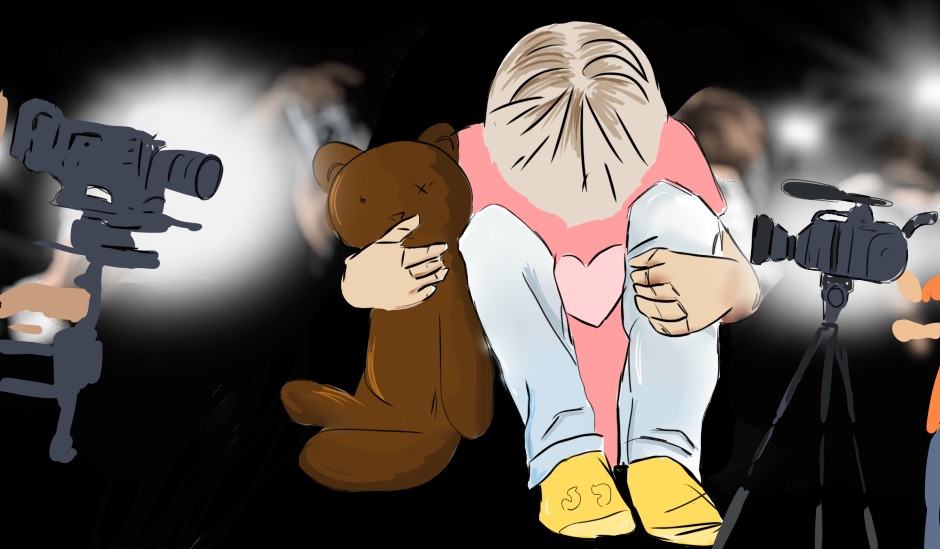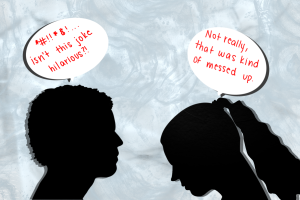
The series “Black Mirror” is an excellent examination of modern societal issues and the future of technology. Created and written by Charlie Brooker, the show’s first episode aired on British television channel 4 on Dec. 4, 2011.
The show’s satirical and suspenseful nature was inspired by shows like “The Twilight Zone,” created by Emmy Award-winner Rod Serling. “The Twilight Zone” aired from 1959 to 1964 and was known for its unexpected endings and comedic, yet horrific storylines. The show covered topics like death, isolation and greed.
In September 2015, Netflix purchased “Black Mirror,” which had already aired two seasons. The third season was released on Netflix on Oct. 21, 2016 and the fourth and most recent season was released Dec. 29, 2017, each containing six episodes.
The show not only experiences commercial success amongst audiences, with 94 percent of Google users liking it, but it also received high praise from critics. The show has received an 8.9 out of 10 on IMDb, a 4.9 out of 5 on Facebook and a 96 percent on Rotten Tomatoes.
“Black Mirror” has also received numerous awards since 2012. The show won an International Emmy Award for Best TV Movie or Miniseries, a BAFTA Television Creation Award for Best Makeup and Hair Design and a Peabody Award for Entertainment.
Some specific episodes have also received individual praise and awards as well. The episode “San Junipero” from season 3 won an IGN Award for Best TV Episode, a GLAAD Media Award for Outstanding Individual Episode and a Primetime Emmy Award for Outstanding Television Movie.
The episode, directed by television producer, actor and comedian Owen Smith, is about the relationship between Yorkie and Kelly, two females with a strong bond, but opposing views on how to spend their time in San Junipero. The episode had a noticeably brighter tone towards the future of technology than that of the other episodes in the series. The episode was beautifully shot, however unlike other episodes like “White Bear” and “Shut Up and Dance”, its storyline was lackluster and quite boring.
The episode “White Christmas” from season 3 was nominated for four awards in categories such as Best Sound: Drama, Best Single Drama and Best Performance by an Actor, however, it won none. The episode follows two characters, Joe and Matt, stranded in an outpost surrounded by only snow. As the episode progresses, the audience is made aware of the characters’ mysterious backgrounds and reasons for being stranded.
The series has a wonderful way of drawing in its audience. Many of the episodes set a scene with little information given to audience, only to reveal something at the end, making the show very entertaining to watch.
The way that “Black Mirror” creates different worlds with every episode is fascinating. The consistent use of different actors and plots, all of which are unrelated, gives the show a unique sense of mystery that truly draws in the audience.
“Black Mirror” is definitely not for the faint of heart as some storylines and scenes can be quite graphic. However, I highly recommend it for those that are interested in the exploration of “techno-paranoia.” The series incorporates unique plot, high quality filming and wonderful acting to create a thought provoking and interesting show that deserves all the praise it has already received and more.




















